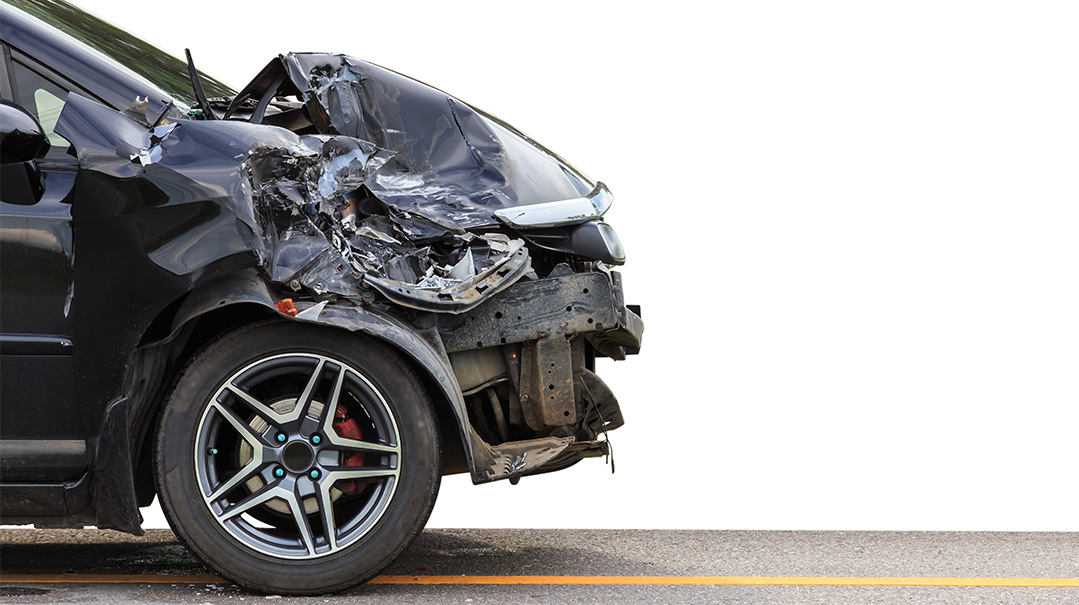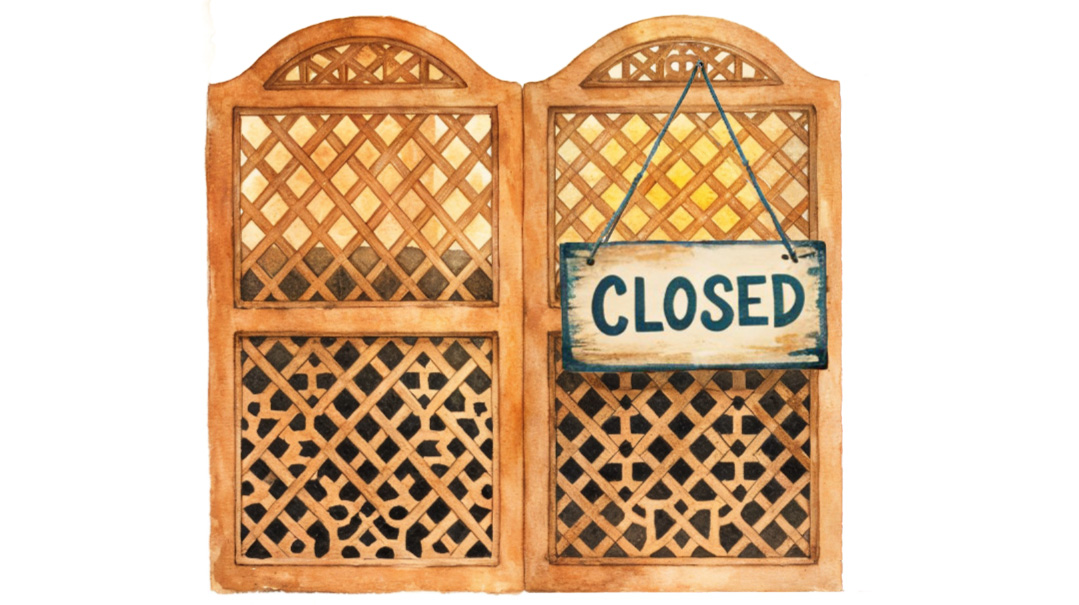No Strings Attached
| May 16, 2023It had been months since my son had worn tzitzis

“Mommy, I’m okay.” If my son is starting a phone conversation by telling me he’s okay, then what’s coming next probably isn’t going to be good news.
“What have you done now?” I ask.
The clock tells me it’s five thirty a.m. That isn’t so strange — my son and the group of friends he hangs out with don’t have the same sense of time most of civilization does.
An unfamiliar voice takes over the line, and the speaker identifies himself as a Hatzalah volunteer. “Geveret, your son has been in an accident, and he’s a minor. Do we have your permission to treat him?”
“Yes, of course.”
I’m not concerned. My son sounds totally fine. I roll over and try to go back to sleep, annoyed he’d been involved in whatever antics I assume had caused a minor accident.
It wasn't the first time I’d been woken that night.
Earlier, at two a.m., this same son knocked on my bedroom door. (I told you he has a different sense of time from most people.)
“Mommy, are you awake?” he’d asked.
“Well, I am now that you’ve pounded on my door.”
“Look,” he said, holding out his hands.
I squinted in the dark. Tzitzis strings.
It had been months since my son had worn tzitzis.
“The rabbis at the barbeque I was at gave them out to all the boys, and we were mekabel to wear them every day until Shavuos. You’re going to see. I’m going to wear them every day.”
My son isn’t the only one in our neighborhood who’s left the yeshivah system, who spends too many unstructured hours doing who-knows-what. A local organization has sprung up to meet the need. They regularly run programs, host barbecues for these kids — to keep them close, to keep them safe, to keep them occupied.
“I can’t wait,” I whispered into the darkness in response to my son’s proclamation. “But it’s two o’clock in the morning. Please shut my door on your way out so I can go back to sleep.”
And I’d slept soundly until my son’s call.
Not long after the first call, the phone rings again. The conversation starts the same way as the first, with my son assuring me he’s fine, before a stranger asks for my permission to admit him to the ER.
The ER?
Now I’m nervous. “What happened? Is he okay? What does he need?”
“He seems okay, but he was in a pretty serious accident. We just want to check him out and make sure everything really is okay.”
I wake my husband, who meets my son at the ER. There he finds my son walking around, looking fine.
But that’s far from a forgone conclusion when we hear what had happened: My son and nine of his friends had gone out together in two cars, five boys per car.
This isn’t a group known for their careful driving, but it was raining so hard, they could barely see and had to drive a lot slower than they usually do. The highway had been all but deserted.
Then my son and his friends in the car he was in watched in horror as the other car in their group spun out of control, hitting the concrete barriers on both sides of the highway. When the car stopped spinning, they saw that the front and back ends of the car had been smashed to smithereens. Petrified to find what state their friends were in, they pulled over onto the shoulder of the highway.
All five boys were unharmed.
When the police came and saw that everyone was okay, they ordered the boys to push the wreck out of the middle of the highway, and continued on their way.
Relieved that everyone was all right, but stuck now with the logistical problem of ten boys and only one working car, my son and his friends got back into their respective cars, smashed and non-smashed, to protect themselves from the pouring rain while they figured out their next move.
And then, another car speeding down the wet road struck the car my son was huddled in. This car hit them with such force, the boys’ car went spinning into the middle of the highway.
This time, several ambulances and Hatzalah cars showed up along with the police, and the medics advised all the boys to go to the hospital to get checked; the force of the crash had been too strong to assume they were okay. One of the boys clearly needed stitches above his eye.
And as he peeled my glass-covered son out of his shredded coat, the paramedic had asked him to call me for permission to treat him.
Ten boys struggling with Yiddishkeit had accepted upon themselves to wear tzitzis every day until Shavuos as their own personal kabbalas haTorah. Just a few hours later, they were involved in two separate car accidents — which resulted in completely totaled cars — and all ten boys walked away with just a few scratches.
Clearly, it’s not only local organizations looking out for these kids.
(Originally featured in Family First, Issue 843)
Oops! We could not locate your form.







